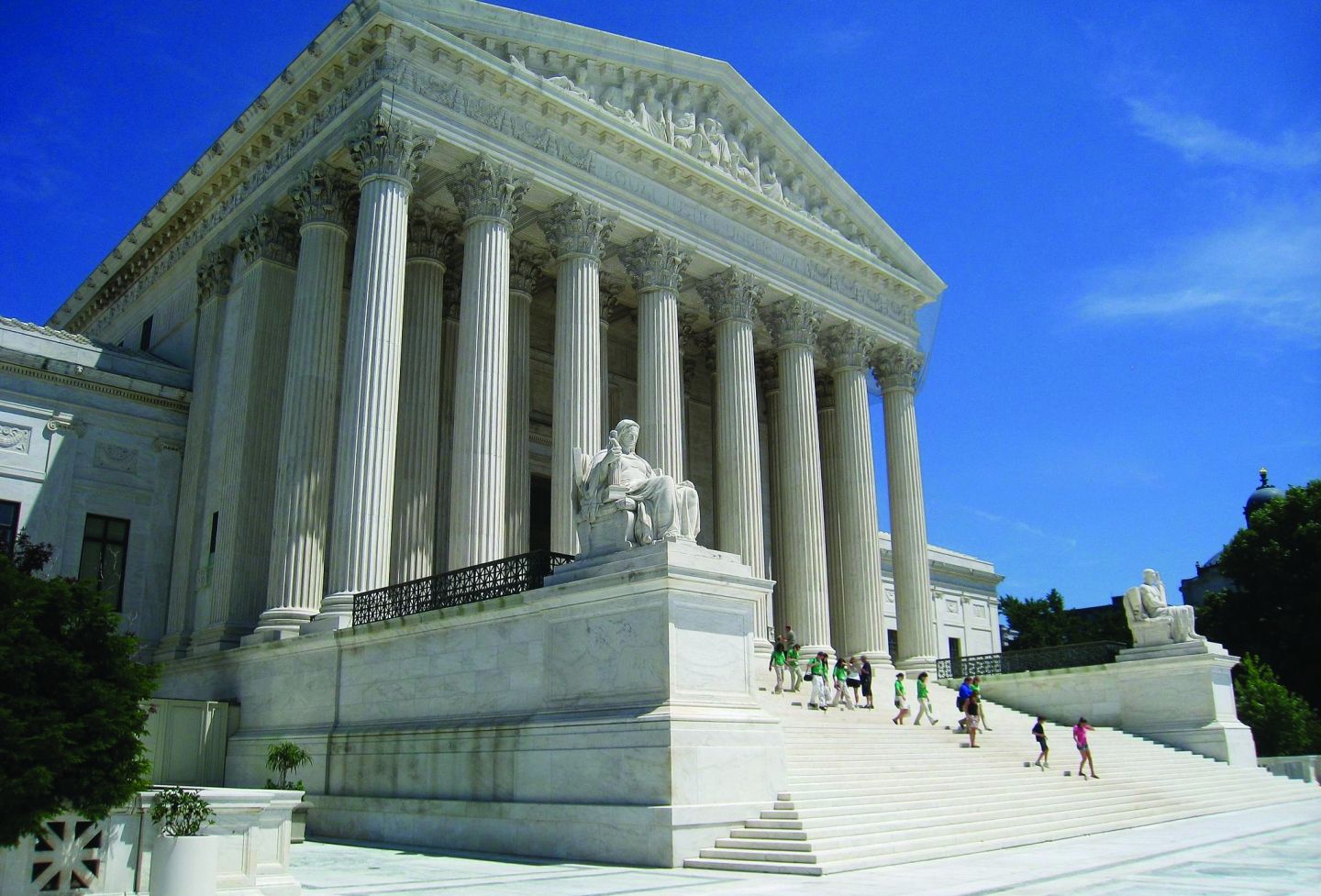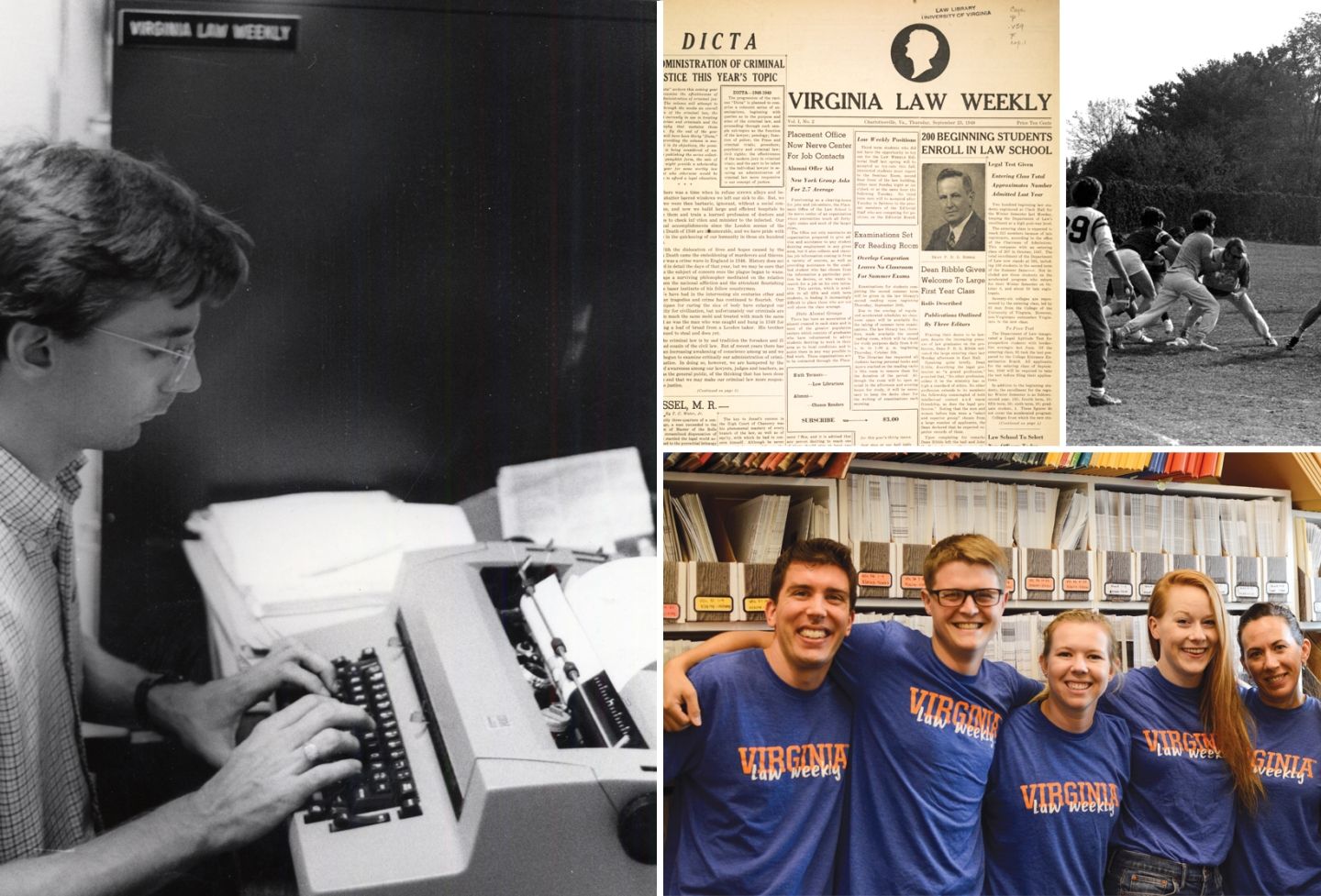Yuji Iwasawa S.J.D. ’97 rises to their defense. The Japanese jurist, recently elected to a seat on the International Court of Justice, the United Nations’ principal judicial body emphasizes the importance of international law and, by extension, the institutions that uphold it.
“International law sets very important rules that states should comply with,” he said in a telephone interview from Tokyo. “It’s a very important tool to maintain order in an international society. We should safeguard that. It serves the purposes of all countries to support international law.”
Iwasawa was elected in June to one of 15 seats on the court. He is the first Law School graduate to serve as a judge on the court since former UVA Law Dean Hardy Cross Dillard ’27 during the 1970s.
Candidates are nominated by national groups represented on the Permanent Court of Arbitration. Iwasawa, who was nominated by his home country of Japan as well as 41 other countries, including the United States, received 184 of 193 possible votes in the U.N. General Assembly and all 15 votes in the Security Council. He will serve the remainder of his predecessor’s nine-year term, which runs until Feb. 5, 2021.
Sometimes known as the World Court, the International Court of Justice sits at the Peace Palace in The Hague, the Netherlands. It is the only one of the six principal organs of the U.N. not headquartered in New York. The ICJ resolves disputes submitted by member states, and its rulings are binding on the states involved. In 2010, Iwasawa appeared before the ICJ as counsel for Japan in a dispute with Australia over whaling in the Antarctic.
The court also gives advisory opinions on legal questions submitted by either the General Assembly or the Security Council. In 1996, for example, the court issued an advisory opinion in a question referred to it by the General Assembly. The court stated that international law does not ban the possession or use of nuclear weapons, and that such weapons may be used in national self-defense. (The ICJ does not hear criminal cases, which are heard by the International Criminal Court.)
Prior to his election, Iwasawa was a professor of international law at the University of Tokyo, but he has a long record of service in various global forums.
He has served as chair of the U.N.’s Human Rights Committee, a group of experts that monitors compliance with the International Covenant on Civil and Political Rights, and as a member of both the U.N.’s Permanent Forum on Indigenous Issues and the Permanent Group of Experts under the World Trade Organization’s Agreement on Subsidies. In addition, among many other honors, he has served as president of the Japanese Society of International Law, vice chair of the International Law Association, and judge and vice president of the Asian Development Bank’s Administrative Tribunal in Manila, the Philippines.
Iwasawa, who has written or contributed to 10 books in Japanese and five more in English dealing with international law and organizations, has been a visiting fellow at the Lauterpacht Research Center for International Law in Cambridge, England, and a lecturer at The Hague Academy of International Law.
The S.J.D. is the most advanced degree offered by the Law School. Also known as the Doctor of Juridical Science, it generally attracts aspiring academics, but Iwasawa was already an associate law professor at Osaka City University when he arrived in Charlottesville on a Fulbright scholarship, in the fall of 1984. He previously earned an LL.B. from the University of Tokyo and an LL.M. from Harvard Law School.
Iwasawa said he chose UVA in order to study with the late professor Richard B. Lillich, a recognized expert on international and human rights law.
“He was doing things that I was very interested in. I really learned a lot,” Iwasawa recalled.
Like generations of UVA law students before and since, he lived in apartments on Barracks Road and in Copeley Hill, with his wife and their baby. “I had a very good time in Charlottesville.”
Returning to Japan to teach international law, Iwasawa finished his dissertation, “The Impact of International Law on Japanese Law: Revolution or Accommodation?” a decade later.
Professor John Norton Moore, the Walter L. Brown Professor of Law and director of the Center for National Security Law and Center for Oceans Law and Policy, remembered Iwasawa as an “extraordinary student” and a “superb” international lawyer. “Professor Lillich thought the world of him.”
Echoing his former student, Moore also insisted that international law remains as important today as ever.
“It’s essential,” Moore said. “It will always be essential.”



